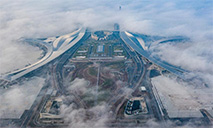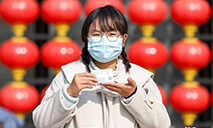How Hong Kong’s system of democracy is constituted
Democracy has always been comprehended differently since ancient times. However, it’s agreed that any colonial rule in human history is against the marrow of democracy.
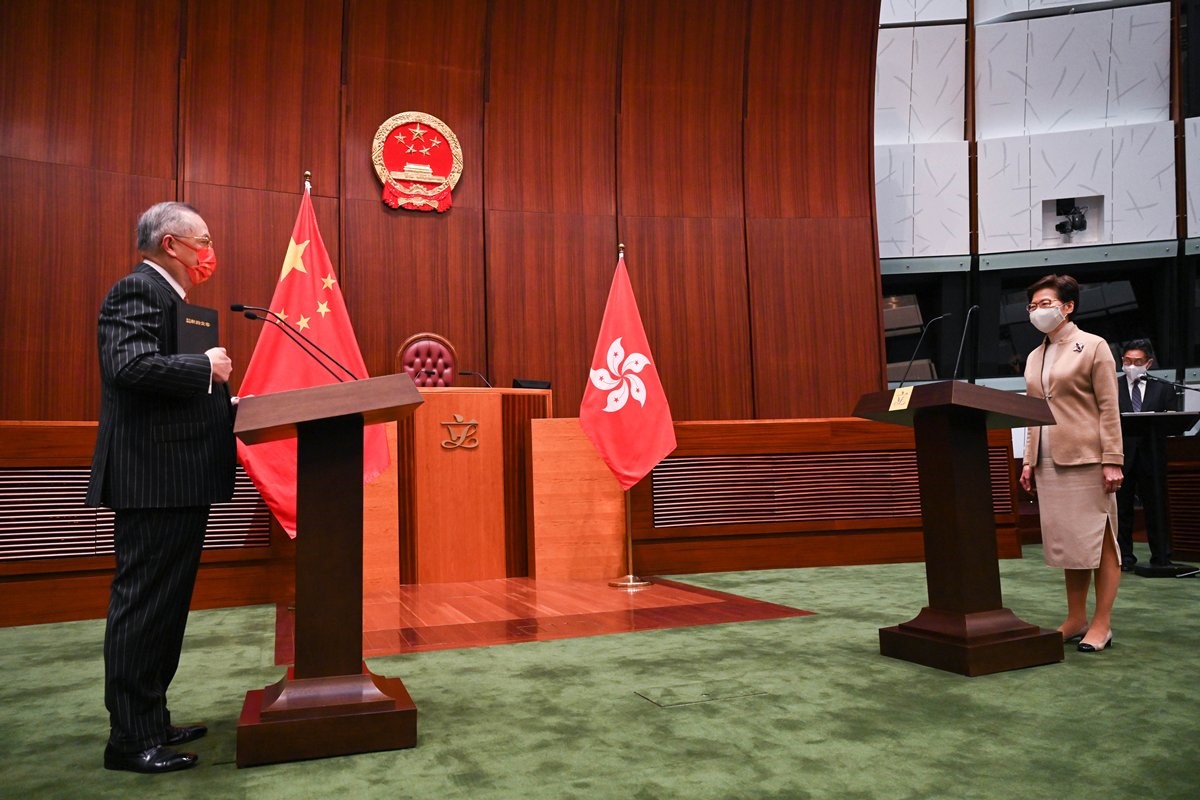
Chief Executive Carrie Lam Cheng Yuet-ngor of the Hong Kong Special Administrative Region (right) administers the oath-taking of the seventh-term Legislative Council members at the Chamber of the LegCo Complex on Jan. 3, 2022. (Photo from www.news.gov.hk)
Hong Kong had never enjoyed democracy under British colonial rule.
It was since 1997 when the Chinese government resumed its exercise of sovereignty over Hong Kong and established the democratic system for the special administrative region that Hong Kong has embraced a new era of democracy guided by the “one country, two systems” principle.
The Chinese central government firmly supports Hong Kong in developing a democratic system that conforms to the region’s constitutional status and actual conditions, and has taken significant steps to advance Hong Kong’s democratic development.
Hong Kong’s democratic system is based on the Constitution of China and the Basic Law of the Hong Kong Special Administrative Region (HKSAR). It is showing new vitality after constant development, playing a significant role in safeguarding Hong Kong’s long-term prosperity, stability and security.
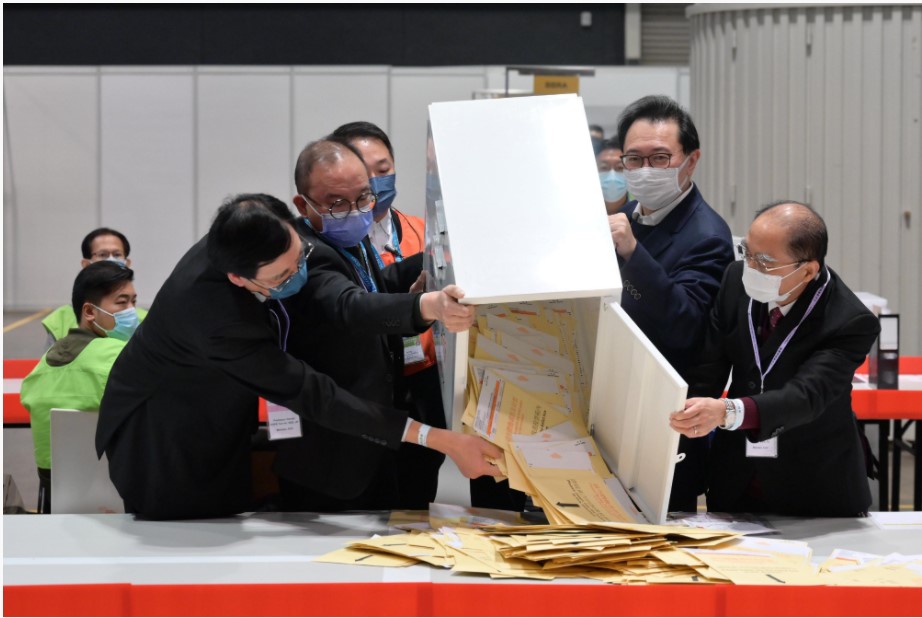
Chairman of the China's Hong Kong Special Administrative Region (HKSAR) Electoral Affairs Commission Justice Barnabas Fung Wah (2nd R) and Secretary for Constitutional and Mainland Affairs of the HKSAR government Erick Tsang Kwok-wai (2nd L) open a ballot box at a counting station in the Hong Kong Convention and Exhibition Centre, Dec. 19, 2021. (Photo from the official website of the HKSAR)
According to the Constitution and the Basic Law, Hong Kong has established an electoral system that suits its actual conditions. The system abides by the “one country, two systems” principle, ensures that Hong Kong is governed by patriots, accommodates the interests of all sectors of Hong Kong society, ensures balanced participation, and facilitates economic and social development. Being continuously refined, it is showing an increasing higher level of democracy.
According to the Basic Law, the method for selecting the Chief Executive shall be specified in the light of the actual situation in the HKSAR and in accordance with the principle of gradual and orderly progress. The ultimate aim is the selection of the Chief Executive by universal suffrage upon nomination by a broadly representative nominating committee in accordance with democratic procedures, and the selection of the legislature by universal suffrage.
The Basic Law grants extensive democratic rights and freedoms to Hong Kong residents. Under the Basic Law, permanent residents of the HKSAR have the right to vote and the right to stand for election in accordance with the law, and Hong Kong residents have freedom of speech, freedom of the press and publication, freedom of association, assembly, procession and demonstration, and other rights and freedoms provided for under the Basic Law and the laws of the HKSAR. It is under such institutional guarantee, Hong Kong’s democracy is widely ensured.
To effectively respond to public opinions in developing the democratic system, the government of the HKSAR attaches high importance on the ideas of the public in improving and reforming the electoral system. Apart from soliciting professional opinions via statutory organizations, the HKSAR also learns about the appeals and suggestions of the public through public consultations. The public consultations cover a wide range of aspects, such as the selection of the Chief Executive, the formation of the Legislative Council, the election of district councils and the election of village representatives.
In Hong Kong today, the making of public policies and public governance involve broad social participation, which can effectively improve governance. Under the guidance of the HKSAR government, Hong Kong’s governance is joined by different social sectors and personages, and all participants can fulfill their duties and cooperate with each other in the governance work of their districts.
This mechanism gives play to the leading role of the government, and facilitates cooperation among different social sectors on social governance. It also guarantees the right to know of the public, as well as the right to participation in the making of public policies, enabling the public to effectively join social governance.
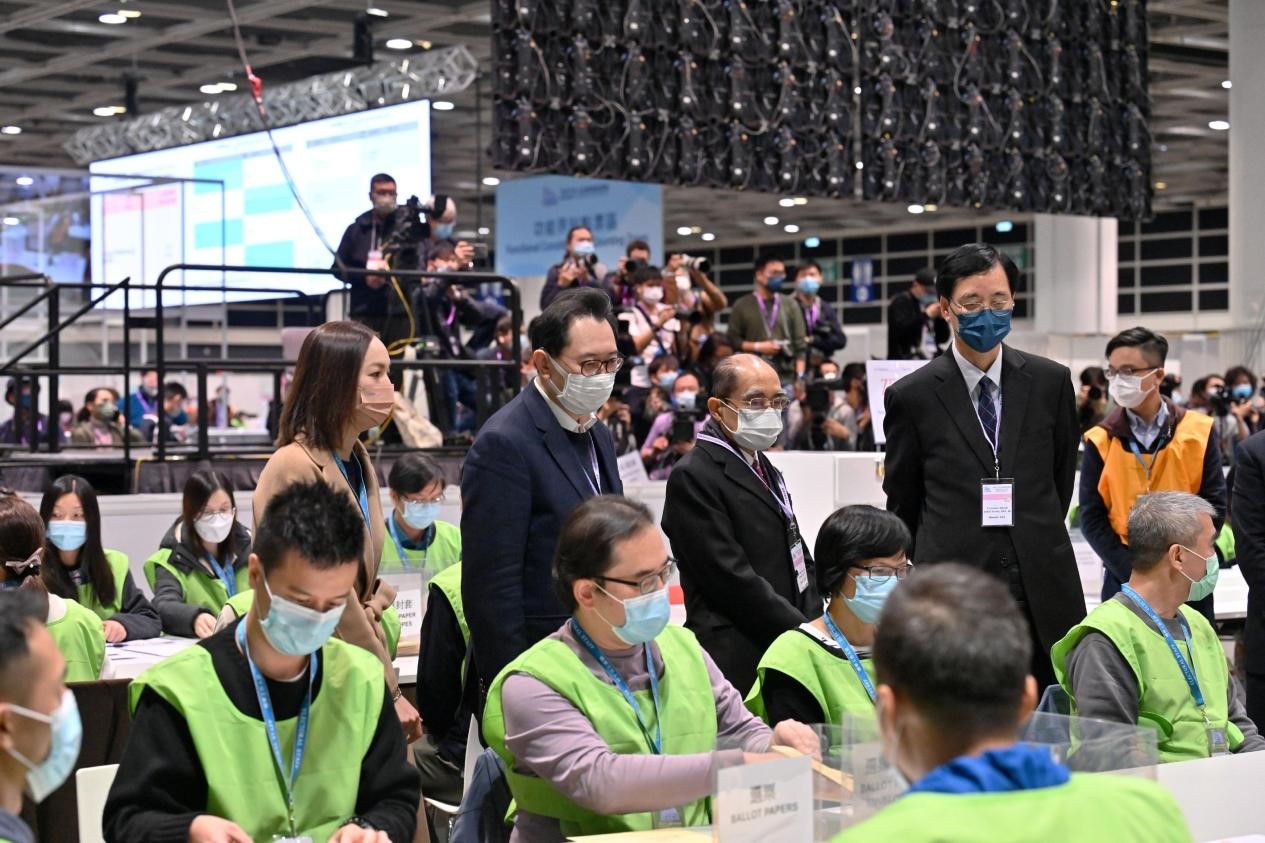
Workers are counting votes for the 2021 Hong Kong Legislative Council election at the central counting station established at the Hong Kong Convention and Exhibition Centre, Dec. 19, 2021. (Photo from the official website of the HKSAR)
Besides, the mechanism, working to bring those with expertise from social sectors to the social governance system of different districts, offers an opportunity for them to play a positive role in social governance, which mirrors the universality and inclusiveness of consultative democracy.
The Communist Party of China and the Chinese government designed, created, safeguarded and advanced Hong Kong’s system of democracy. Hong Kong can implement the system in a manner that is differentiated from that in the Chinese mainland and with its own characteristics, based on relevant laws and the actual situation.
The principle of “patriots governing Hong Kong” is a fundamental principle to improve Hong Kong’s electoral system, as well as a foundation for advancing Hong Kong’s democratic development. Any Hong Kong residents can stand for election and participate in governing Hong Kong in accordance with the law, as long as they love the country and Hong Kong, and are not involved in activities that undermine national sovereignty, security and development interests, or jeopardize Hong Kong’s prosperity and stability.
The central government has made various efforts and decisively implemented a series of major measures to develop and improve the system of democracy in the HKSAR, bringing the situation and democratic development in Hong Kong back to the right track. It is believed that under the principle of “one country, two systems,” the HKSAR will surely embrace a bright future and embark on a wider path of democracy.
(Lin Laifan is a professor with the School of Law, Tsinghua University.)
Photos
Related Stories
- More Hong Kongers opt for Sinovac COVID-19 vaccine
- Hong Kong to suspend flights from 8 countries over COVID-19
- Hong Kong reports 39 new COVID-19 cases
- Swearing-in ceremony held for HKSAR's 7th-term LegCo members
- Guise of ‘press freedom’ can’t conceal Western politicians’ evil intention of destabilizing Hong Kong
- Hong Kong, Australian universities discover T cells effective to tackle Omicron
Copyright © 2022 People's Daily Online. All Rights Reserved.







